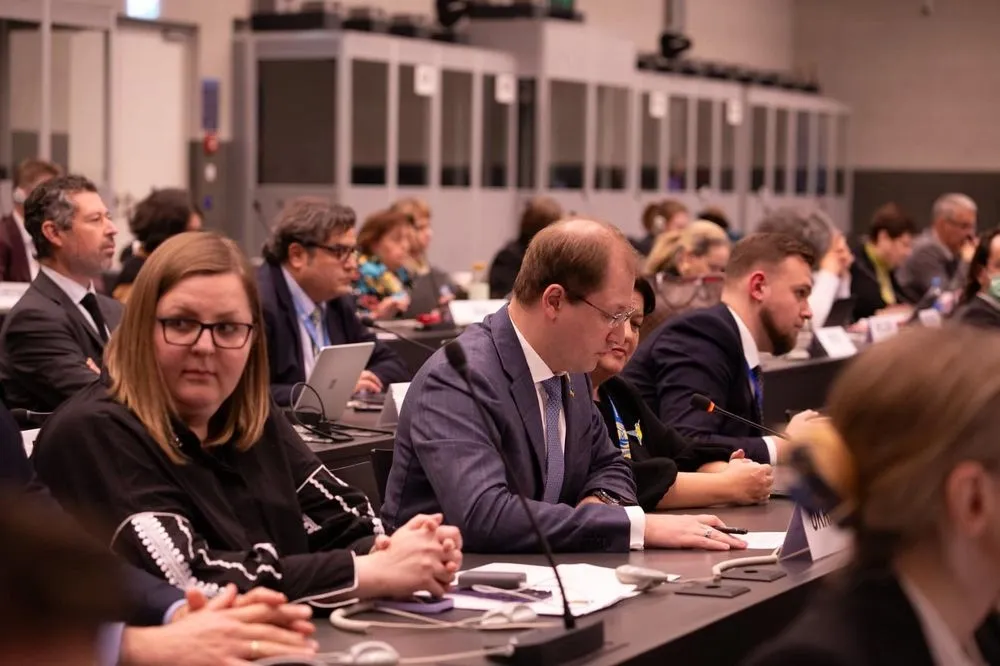Ukraine fulfills Romania's requirements for the construction of the Danube-Black Sea Canal
Kyiv • UNN
Ukraine has fulfilled Romania's environmental requirements for the Danube-Black Sea canal project, resolving the dispute under the Espoo Convention. This paves the way for the construction of the canal, which will connect the Danube with the Black Sea.

Ukraine and Romania have resolved a long-standing dispute related to with the construction of the Danube-Black Sea deep-water shipping lane by the Ukrainian side. Black Sea". This was announced by the Minister of Environmental Protection and Natural Resources Ruslan Strelets, reports UNN.
Details
The dispute concerned Ukraine's obligations under the ESPO Convention on Environmental Impact Assessment. Environmental Impact Assessment in a Transboundary Context. The dispute was finally finally settled on the sidelines of the 9th Meeting of the Parties to the Espoo Convention in Geneva.
We have done our "homework" and overcome a long way to bring the project in line with the requirements of the Convention. Because Ukraine cares about good neighborly relations and compliance with international international law. We are willing and able to find common ground and correct the mistakes of the past
According to him, Ukraine has fulfilled the requirements for environmental impact of the canal construction on the environment.

Context
The Ukrainian government decided to build the canal in 2003. that would connect the Danube and the Black Sea through the Bystryi estuary. Romania opposed the construction against the construction, arguing that it would threaten the region's environment.
To resolve the dispute in January 2005, a Commission of Inquiry was established on the basis of the Espoo Convention, an inquiry commission was established to form a scientifically based opinion on the possible consequences of transboundary impacts during the implementation and and use of the Danube-Black Sea Canal.
For reference
The ESPO Convention is an international treaty that obliges states to conduct an environmental impact assessment of commercial projects whenever when such projects may affect the environment of another state.
The UN Economic Commission for Europe Convention entered into force in September 1997. into force in September 1997 and has been signed by more than 40 countries. Ukraine ratified the EEA Convention in 1999.